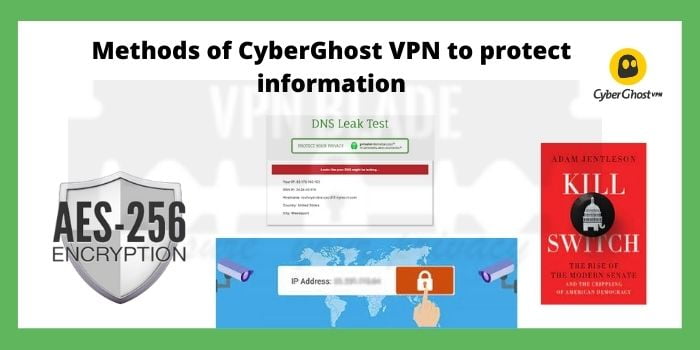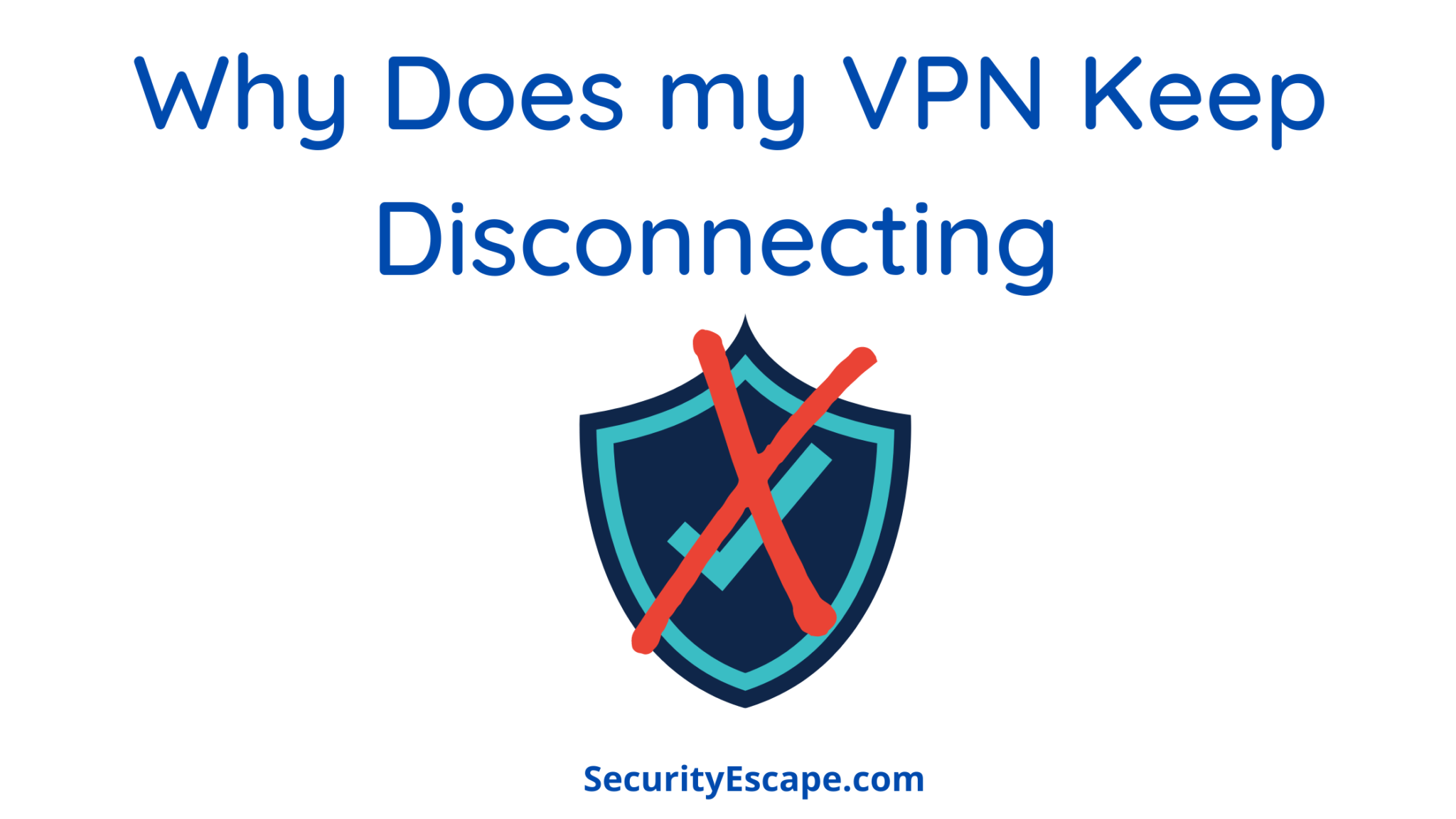

We can't abide by that people deserve to have trust in the VPN provider they choose to use. Everyone's personal data can be misused against them without consent, permission or knowledge. We all know someone who has fallen victim to a cybersecurity crime. We will never use the VPN connection to track, log. VPN users are becoming a commodity with one provider after another getting exposed for logging and selling user data while claiming the opposite. With VPN by Google One, users network traffic is not identifiable to the VPN and never logged by VPN. Today, the VPN space is at risk due to false claims and unethical behaviors by some of the biggest providers. We couldn't stand by as governments limit speech, or while hackers load their pockets, siphoning data from users who honestly, just didn't know any better when clicking that link. We knew that censorship is real and people throughout the world are being limited to what parts of the Internet they can access. With the enforcement of the new policy, VPN service providers can share your connection logs with law enforcement.From day one, VyprVPN's team saw cybersecurity risks lurk around every corner. Companies can access to IP address and server you originally connected to. They can keep track time when you connected to VPN and how long you were connected. Once the VPN companies keep your data, they can access connection logs. What will happen if VPN services keep your data? The VPN does not store or record any of these activities: IP address. While it seems unlikely, the only option is to wait and see how the VPN providers adjust to this policy. Just like all serious VPNs, ExpresVPN does not keep any logs on your activity while connected to its servers.

The nitty-gritty of the policy is yet to be disclosed, there are chances that we might see some provision or alternative that ensures user privacy while keeping a log. Switching to storage servers means higher costs for companies and user privacy will no more be the core functionality of these services. With the new change, VPN companies will be forced to store servers allowing them to log in user data and store it for five years or more.

Does ivpn keep logs full#
Paid VPN offers a no-logging policy that gives full privacy as it operates on RAM-only serves.
Does ivpn keep logs free#
It allows customers to stay free of website trackers that track user data and location. In addition to industry-standard VPN security features like a kill switch, 256-bit AES encryption, and a no-logs policy (that has been independently audited and. The key reason for using a VPN is to keep your IP address private. How will the new policy affect the working of VPNs? Also, in 2020 government banned over 200 Chinese apps including TikTok.Īccording to the Ministry of Electronics and IT, the new policy aims to deal with the gaps that hinder the government in responding to certain cybercrime incidents. In 2021, Twitter, Google, and Facebook had a standoff with the Indian government over control of social media content.

Back in April, the Indian government banned 22 YouTube channels. Unfortunately, however, most VPN providers do log at least some user data, and some may also give or sell your information to third parties. Recently, India has put a heavy hand on online activities. Usually, VPNs have a no-logging policy, companies operate only with RAM-disk servers and other log-less technology because of which they are incapable of monitoring data and usage. The vulnerabilities that CERT-in has asked to report include, fake mobile apps, data breaches, unauthorised access to social media accounts and many more. Companies will have to store user names, IP addresses, usage patterns, and other forms of identifiable information. VPN companies will have to keep user information even after they delete their account or cancel their subscription. Thanks to its unusual Account ID system (more on this later). We keep a record of the quarter and year of your last successful authentication (in order to be able to disable and delete dormant accounts). The new policy will get into effect starting in late June 2022. The company says it does not log the content of your traffic, a connection timestamp, DNS requests, user bandwidth, or IP address. The new policy lists data centers and crypto exchanges under the same provision. The directive came from Computer Emergency Response Team, CERT-in. The Indian government has introduced a new IT policy that requires virtual private network companies (VPNs) to collect extensive customer data and maintain it for five years or more.


 0 kommentar(er)
0 kommentar(er)
